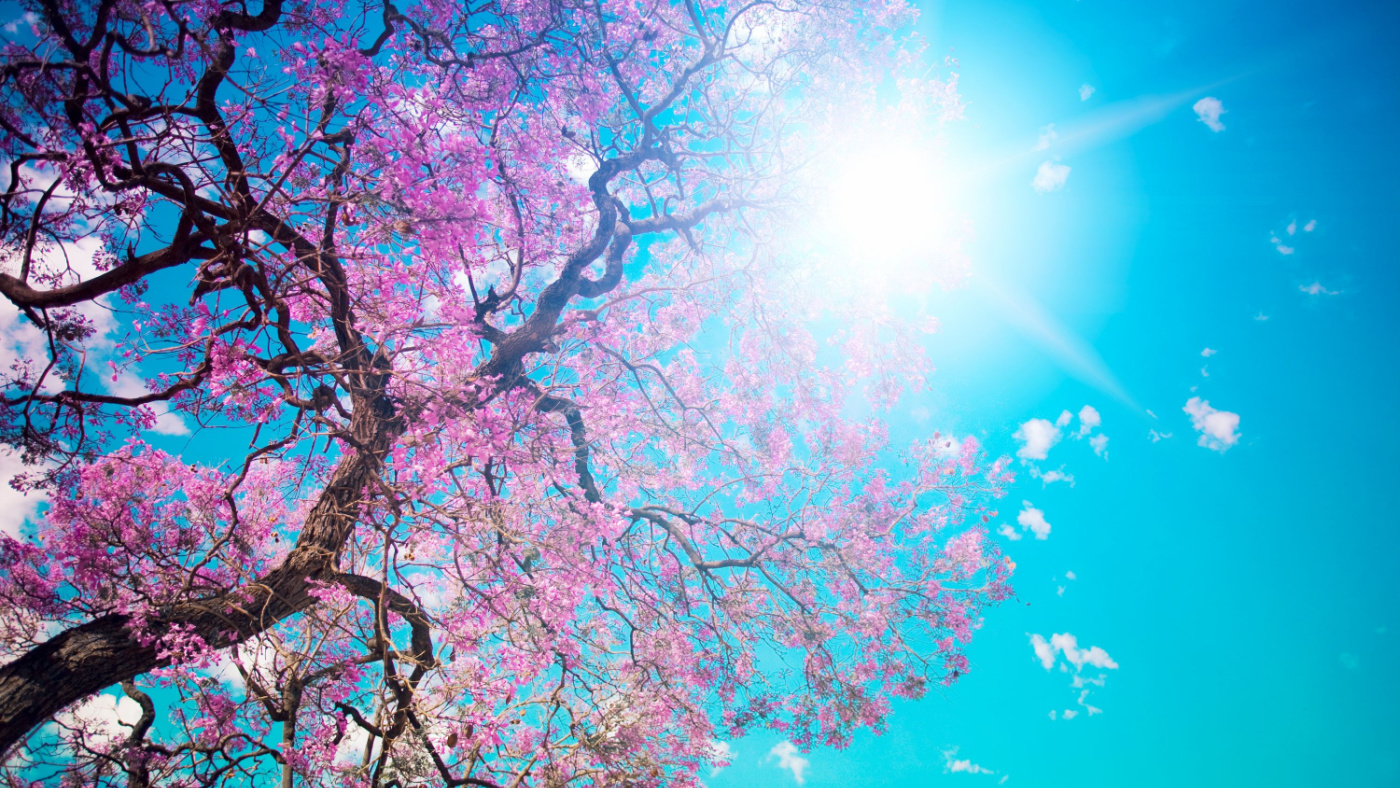You look at the calendar and it says February but we look outside we look at the thermometer and we’re thinking, maybe Spring has sprung. We’ll turn to climatologist Corey Davis to get his take on it may be a more scientific one than just whether or not we need to wear a jacket today and what say ye, Corey? Has spring arrived in the Carolinas?
Well Mike, the calendar says February but it certainly feels a lot more like March and actually, we do have some scientific data that showing exactly that. We there’s a few different ways to see kind of where we are in the usual seasonal progression. One of those comes from the National phonology network. They track things like the leaf out in the first blooms when they happen all across the country. And for most of South Carolina and eastern North Carolina, they are showing, those first leaves are emerging 10 to 20 days earlier than normal. Another statistic that a lot of farmers will care about is the growing degree days. This typically helps track the growth stage. And the progress of crops throughout the year based on how warm the temperatures have been. The growing degree days that we’ve accumulated so far in 2024 are more typical of what we see the first week of March.
So that brings us to the question we talked about last week. Do we plant now?
It is so tempting Mike, because again, when you look at how warm it’s been, when you look at the forecast and don’t see really any cold weather ahead, you think surely we’re in the spring winters over, but not so fast. At the average last spring freeze date still doesn’t happen until late March. To mid-April across most of the Carolinas. So we’re still more than a month away from that window closing where we don’t have any freeze risk remaining. Typically, we’ll always see at least at some point in March or early April, one or two cold nights where the temperatures have dropped down or a little bit below freezing. Now there’s some crops that can withstand that as long as it doesn’t get too cold for such a sustained period of time. They can weather that just fine but especially for the gardeners out there. Probably don’t want to start putting your bulbs and flowers in the ground just yet because they can have a lot more risk of damage. If and when we do see those freezing temperatures come back.
Assistant state climatologist Corey Davis from the State Climate Office of North Carolina.


